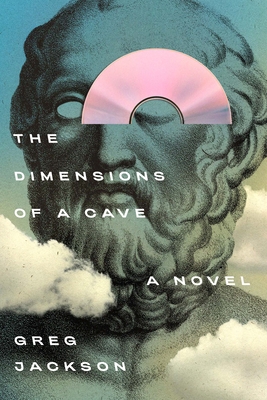What do you think?
Rate this book


480 pages, Hardcover
Published October 24, 2023
We met each other with quiet eyes. I thought, glancing out at the skeins of moving fog and crushed marble of cloud, that I might have been gazing out over the sea she described, that our bearing was a return and a venturing forth, a home unto itself, that it was the companionability of the unfinished, which is the companionability of the sea, and I hoped—I don’t know how to say it—that we should live forever in the safekeeping of this passage, in this mood trembling and rolling with the waves, a motion that grew from such subtle, unknown reaches in the depths that we felt cradled by secret hands. It was a glorious day, dark glowering and glorious, and full of a conversation that like the rain was everywhere and purifying, with a lament that protects the embers of such necessary light against the cold and damp of what is only actual, passing, real.
…[W]hat the algorithms want, reward, and select for, and as our desire to rebel against this becomes yet another way to manipulate us, one more tactic to exploit while the policing function moves inward and installs itself, like the most potent software, in the alloy of our brains.”
“‘We use abstractions to hold on to realities too big and messy to approach as they are’, Quentin said. ‘This was the root of human knowledge and power. But our abstractions ruled us and turned deadly precisely for what made them powerful in the first place: that they suggested we could encounter and subdue far more than we could.’”